By Calvin Kumala
“Agrarian reform is not a dream. It is something that we have to fight for.” – Eva Bande
Eva Bande, a prominent land rights activist from Central Sulawesi, opened the discussion with a bold statement that “a mere discussion like this (breakout session) will never solve anything.”
Having fought for people’s land rights for over 20 years, Eva truly understood the struggles experienced by most Indonesian farmers whose land were grabbed. Agrarian reform is a continuous fight between the rulers and the ones who are being ruled. The fight has not stopped since Indonesia declared her independence in 1945. As one of the defenders who were jailed under the regime of the ex-president Susilo Bambang Yudhoyono, she has seen many farmers who were jailed, tortured or even shot to death from the fights with big corporations. However, according to her, there has been a significant improvement regarding agrarian reform in Indonesia under the rule of the current president Joko Widodo. There has been a clear attempt and good intention by the government to reduce poverty and income inequality that is prevalent in Indonesia. However, good intention is not enough. Current model of agrarian reform is a unilateral approach from top to bottom where government dictates whom the land belongs to. A genuine agrarian reform that utilises bottom up approach is needed to ensure that the will of the local people is put at the centre of every discussion regarding land rights issues. She then concluded her part by stating that land is the source of dignity that has to be protected at all cost.
As one of the most prominent land right defenders in Indonesia, Agustiana, founder of association of pasundan farmers (SPP) strongly believed that the adoption of universal truth and humanism values is absolutely necessary when issues such as agrarian reform and land rights are concerned. He believed that there are flaws in the current regulations. They place a high emphasis on economic achievement while neglecting the importance of safeguarding the rights of indigenous people. Every human has to respect each other and has to be respected. According to him, God created land for us and thus we have a big responsibility when it comes to protecting the nature. Land is a sacred gift and we must fight to protect its ecological balance. He added that Indonesia has not really gained independence until all all resources are distributed equally to everyone who has suffered under the past colonialism. Government simply took the role of the past colonial rulers by taking over land that used to be owned by them without redistributing the land back to the communities who originally own those lands. Under the present system, land has become a commodity for economic gains that only benefit a few people. A genuine agrarian reform that focuses on the improvement of the local people is crucial in order to eradicate poverty and income inequality,
Florisius Abelinde, Centre for Agrarian Reform and Rural Development (CARRD) Philippines believed that the quest of land ownership is the most powerful social movement in the history of mankind. The government of the Philippines has distributed more than 7.2 million hectares of land under the Comprehensive Agrarian Reform Programme (CARP). The government believes that land distribution for everyone will solve the issue of inequality and poverty. However, despite all the efforts done by the government, 1 in every 5 Filipino still struggle under poverty. More than 30 percent of farmers supports themselves using only USD33 per month. Most farmers in the Philippines still have limited access to farming land despite we have alr given more than 50% available land to farmers. The government calls for the subdivision of collective certificates of land ownership award (CLOA) to individual farmers, thus allowing them to gain “clean and clear” land ownership area that is legally defined. Some cash-strapped farmers thus feel tempted to sell their individual farm lots instead of utilising them, thus aggravating the situation as farmers often find themselves drowning in debt. Moreover, despite all the payments and taxes collected by the government from big agriculture companies, the percentage of poverty among the farmers is still really high as there is no filtering down of income to the farmers. Abelinde highlighted the presence of flaws in the public policy that governs investment in land and agrarian reform. She believed that those policies are outdated and no longer applicable to the current farming context in the Philippines as they are proven to be counterproductive when it comes to resolving land conflicts. Thus, she believed that a new innovation is needed among the decision-makers in order to come up with a new set of rules that is truly applicable to the current agrarian climate. Government has to have an open and honest discussion with NGOs and community members who are more aware of the complexities of the problem in that particular area.
